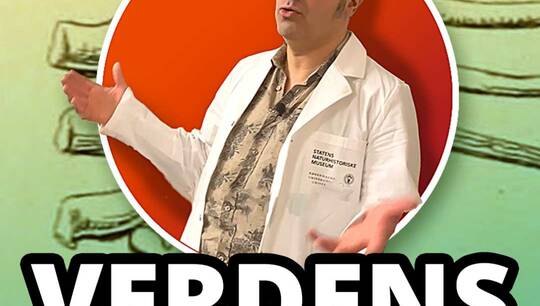Sustainability Lecture - The Enabling State: Building the Ecological Transition on Social Innovations
Sustainability Science Centre
154 views
Olivier De Schutter (LL.M., Harvard University ; Ph.D., University of Louvain (UCL)), the UN Special Rapporteur on extreme poverty and human rights and the former UN Special Rapporteur on the right to food (2008-2014), is a Professor at UCLouvain and at Sciencespo. He has also taught in the past at Columbia University, at Yale University, and at UC Berkeley, and was awarded the Francqui Prize, the most prestigious scientific award in Belgium, for his work at the intersection of human rights and governance. He chairs the International Panel of Experts on Sustainable Food Systems (IPES-Food).
The webinar took place on 30 October 2020 and was moderated by Katherine Richardson, Professor of Biological Oceanography and Leader of the Sustainability Science Centre.
The event was organised by the Sustainability Science Centre at the University of Copenhagen as a part of the Sustainability Lecture Series. Further information can be found on www.sustainability.ku.dk

 Videoportal
Videoportal





